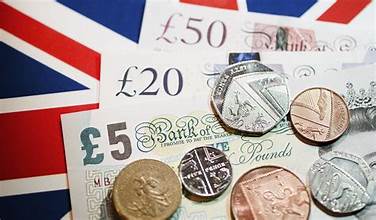A prominent British think tank warned on Wednesday that the UK’s already sluggish economic growth could be slashed by more than half if Donald Trump wins the U.S. presidential election and enforces sweeping import tariffs.
In its latest report, the National Institute of Economic and Social Research (NIESR) painted a grim outlook for the UK’s economy in the coming years—even without Trump’s tariff proposals. The think tank forecasted a modest growth of just 1.4% in 2026 and 1.7% by 2030, following a meagre 1.2% growth in 2025.
However, the UK, being particularly vulnerable to shifts in global trade, could see growth tumble to just 0.4% next year if the U.S. follows through on Trump’s promised tariffs, according to Ahmet Kaya, principal economist at NIESR.
Kaya also noted that the global economy would be negatively impacted if Trump goes ahead with imposing 60% tariffs on Chinese imports and 10% on goods from other countries.
“Global economic stability is at serious risk due to the potential hike in U.S. import tariffs,” Kaya warned during the presentation of NIESR’s latest forecasts.
He further predicted that the Bank of England might be forced to raise interest rates to combat rising prices driven by the U.S. tariffs, though inflation would likely increase by 2 to 3 percentage points over the next two years.
Such a rise in borrowing costs would severely undermine the UK government’s plans to fund increased public spending through higher borrowing and tax hikes.
Donald Trump, currently facing a tight race for the White House against Democratic Vice President Kamala Harris, has called tariffs “the most beautiful word in the world.” He argues that his tariff plan would boost U.S. manufacturing, create jobs, increase incomes, and generate trillions of dollars in federal revenue over the next decade.
Weak economic growth in the UK would pose a significant challenge for Prime Minister Keir Starmer, who has pledged to make the British economy the fastest-growing in the G7.
Additionally, a planned increase in social security contributions paid by employers—outlined as the largest tax hike in the government’s recent budget—could lead to a slight rise in unemployment over the next five years.





